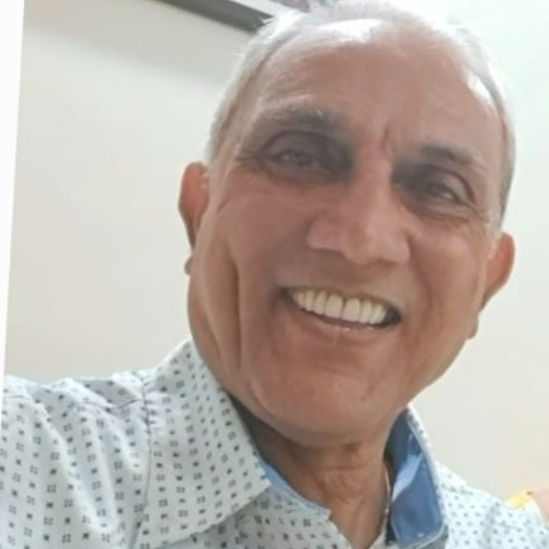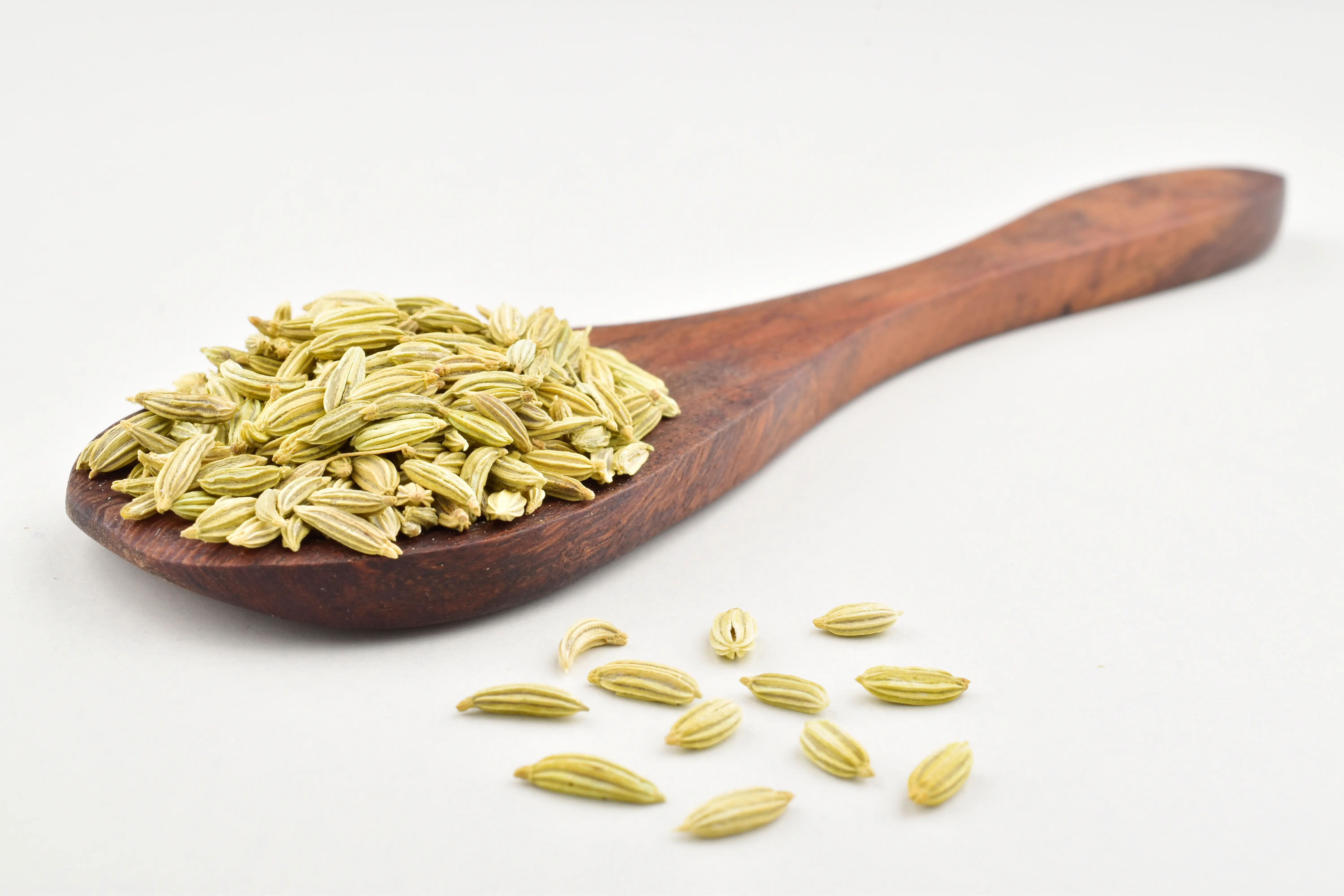Blood Cells and Their Functions in Humans
Know all about the blood cells, types of blood cells, what they do, why they are important, how to keep them healthy and tips for healthy blood cells.

Written by Dr. Md Yusuf Shareef
Reviewed by Dr. Rohinipriyanka Pondugula MBBS
Last updated on 13th Jan, 2026

Introduction
Blood is the lifeline of our body, constantly working to keep us healthy and functioning. It carries oxygen, fights infections, and helps heal wounds. But have you ever wondered what makes blood so powerful? The answer lies in the tiny but mighty blood cells.
In this article, we’ll explore the different types of blood cells, their roles, and how they keep us alive and well.
What Are Blood Cells?
Blood is made up of plasma (a liquid part) and blood cells, which float in it. There are three main types of blood cells:
1. Red Blood Cells (RBCs) – Carry oxygen
2. White Blood Cells (WBCs) – Fight infections
3. Platelets – Help in clotting
Each type has a unique job, and together, they keep our body running smoothly.
Consult General Practitioner for Personalised Advice
1. Red Blood Cells (RBCs): The Oxygen Carriers
What Do They Do?
• Red Blood Cells (RBCs) are like tiny delivery trucks that transport oxygen from the lungs to every part of the body. They also bring back carbon dioxide, a waste product, to the lungs so we can breathe it out.
Why Are They Important?
• Without enough RBCs, our organs and muscles wouldn’t get the oxygen they need, leading to fatigue, weakness, and a condition called anaemia.
How to Keep RBCs Healthy?
• Eat iron-rich foods (spinach, lentils, red meat).
• Get enough Vitamin B12 (found in eggs, dairy, and fish).
• Stay hydrated.
2. White Blood Cells (WBCs): The Body’s Defence Army
What Do They Do?
White Blood Cells (WBCs) are the soldiers of our immune system. They fight off germs like bacteria, viruses, and fungi to keep us from getting sick.
Types of WBCs and Their Roles:
• Neutrophils – Attack bacteria.
• Lymphocytes – Fight viruses and remember past infections (immunity).
• Monocytes – Clean up dead cells and germs.
• Eosinophils & Basophils – Fight allergies and parasites.
Why Are They Important?
• Low WBC count weakens immunity, making infections harder to fight. High WBC count may indicate an infection or other health issues.
How to Boost WBCs Naturally?
• Eat a balanced diet (fruits, vegetables, proteins).
• Exercise regularly.
• Get enough sleep.
• Avoid smoking and excessive alcohol.
If you frequently fall sick, a Complete Blood Count (CBC) test can check your WBC levels. Schedule one on Apollo 24|7 if needed.
3. Platelets: The Clotting Heroes
What Do They Do?
• Platelets are tiny cell fragments that help stop bleeding by forming clots when we get injured. Without them, even a small cut could be dangerous.
Why Are They Important?
• Too few platelets (thrombocytopenia) can cause excessive bleeding.
• Too many platelets (thrombocytosis) may lead to unnecessary clots, risking strokes or heart attacks.
How to Maintain Healthy Platelets?
• Eat foods rich in Vitamin K (leafy greens, broccoli).
• Avoid injuries if you have low platelets.
• Stay hydrated.
If you notice unusual bruising or prolonged bleeding, consult a doctor. A platelet count test can help diagnose issues.
How Are Blood Cells Produced?
• Blood cells are made in the bone marrow (the soft tissue inside bones). The body constantly produces new cells since RBCs live for about 120 days, WBCs for a few days to weeks, and platelets for about a week.
What Affects Blood Cell Production?
It includes:
• Nutritional deficiencies (iron, B12, folate).
• Infections or diseases (like leukaemia, anaemia).
• Bone marrow disorders.
A healthy diet and lifestyle help maintain proper blood cell production.
When Should You Get a Blood Test?
If you experience:
• Constant tiredness (possible anaemia).
• Frequent infections (low WBCs).
• Easy bruising or bleeding (platelet issue).
Final Tips for Healthy Blood Cells
The final tips for healthy blood cells include:
1. Eat a balanced diet – Include iron, vitamins, and proteins.
2. Stay hydrated – Helps blood flow smoothly.
3. Exercise regularly – Improves circulation.
4. Avoid smoking & excess alcohol – Damages blood cells.
5. Get regular check-ups – Early detection prevents problems.
Consult General Practitioner for Personalised Advice
Consult General Practitioner for Personalised Advice

Dr Suseela
General Physician
5 Years • MBBS
Bengaluru
Apollo Medical Center, Marathahalli, Bengaluru

Dr. Mainak Baksi
General Practitioner
13 Years • MBBS , MD (MPH)
Howrah
Mainak Baksi Clinic, Howrah
(50+ Patients)

Dr. Rajib Ghose
General Physician/ Internal Medicine Specialist
25 Years • MBBS
East Midnapore
VIVEKANANDA SEBA SADAN, East Midnapore

Dr. Suvadeep Sen
Critical Care Specialist
12 Years • MBBS, MD, FNB (CRITICAL CARE MEDICINE), EDIC
Mumbai
Apollo Hospitals CBD Belapur, Mumbai

Dr. Mahendra B Mehta
General Practitioner
46 Years • MBBS
Mumbai
BE WELL POLYCLINIC, Mumbai
Consult General Practitioner for Personalised Advice

Dr Suseela
General Physician
5 Years • MBBS
Bengaluru
Apollo Medical Center, Marathahalli, Bengaluru

Dr. Mainak Baksi
General Practitioner
13 Years • MBBS , MD (MPH)
Howrah
Mainak Baksi Clinic, Howrah
(50+ Patients)

Dr. Rajib Ghose
General Physician/ Internal Medicine Specialist
25 Years • MBBS
East Midnapore
VIVEKANANDA SEBA SADAN, East Midnapore

Dr. Suvadeep Sen
Critical Care Specialist
12 Years • MBBS, MD, FNB (CRITICAL CARE MEDICINE), EDIC
Mumbai
Apollo Hospitals CBD Belapur, Mumbai

Dr. Mahendra B Mehta
General Practitioner
46 Years • MBBS
Mumbai
BE WELL POLYCLINIC, Mumbai




